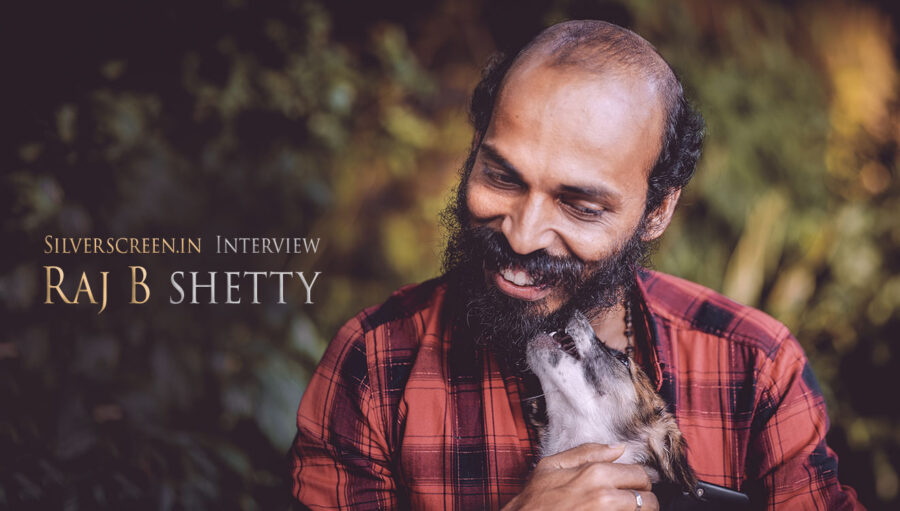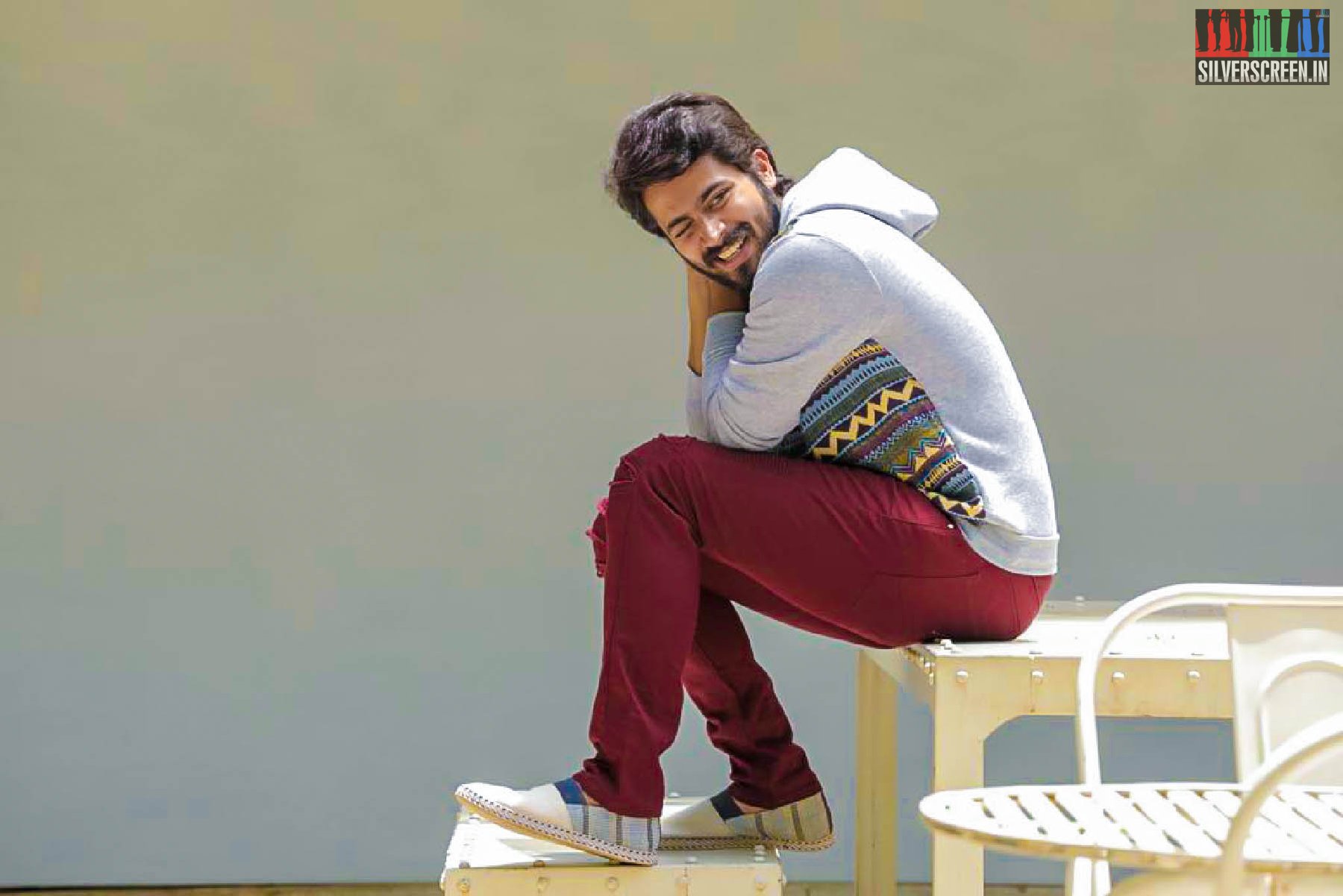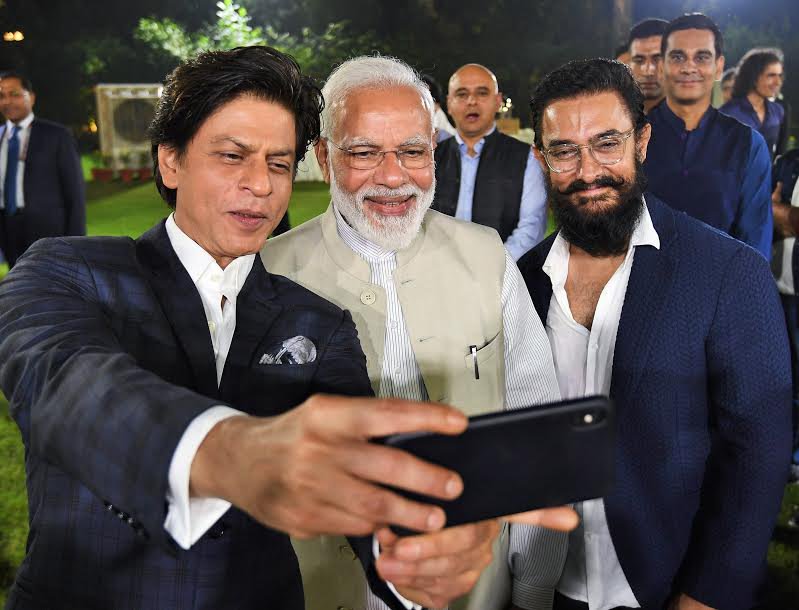It’s been a little more than two years since the Kannada superhit Ondu Motteya Kathe released, and the juggernaut continues to roll on in Hindi with the official remake Ujda Chaman, releasing tomorrow (November 1.) The Malayalam version Thamaasha released in July this year. There’s also Ayushmann Khurrana-starrer Bala, slated to release on November 7; it also deals with the travails of someone fast losing his hair.
What set Ondu Motteya Kathe (streaming on Netflix) apart, both in 2017 and now (based on the Malayalam film and the Hindi trailer) is the innocence with which the story was narrated. And so, Silverscreen spoke to writer-director Raj B Shetty, who also played the iconic Janardhan in the original, to speak about the process of making a film that could ridicule in the way it spoke about a topic, but chose not to.
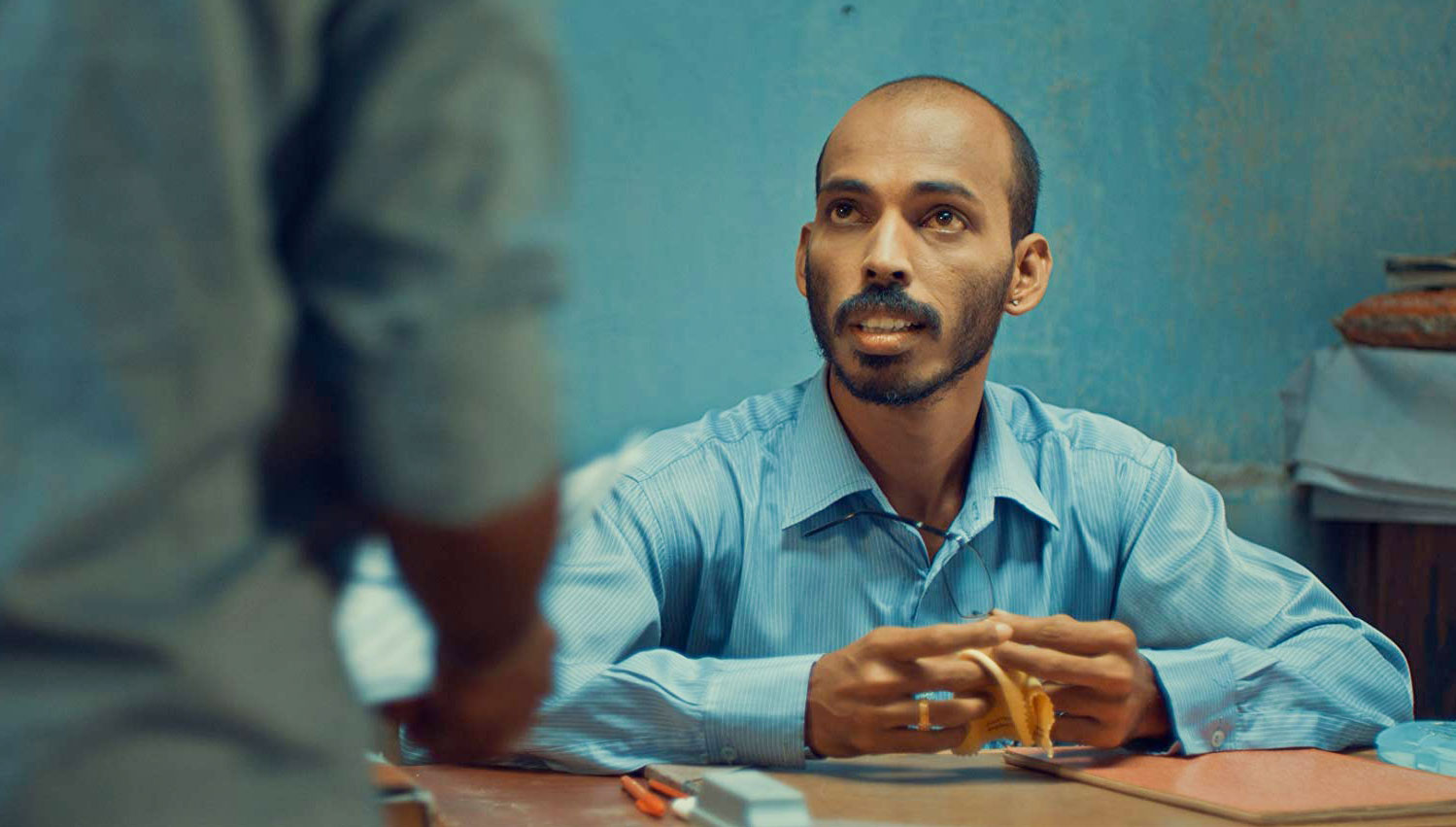
What stood out most about OMK was how Raj created a protagonist steeped in body-image issues and self-doubt, but who was not above judging others based on how they looked. Janardhan was real, never saintly. “He was the most negative person in the story,” laughs Raj. “You used the word relatable. That’s right, I kept him regular so that everyone could relate to him. Every film is a possibility in self-exploration and I always feel I learn something because of my characters and story. The human mind thinks this way: ‘I don’t have this aspect of beauty and am inferior, so I should compensate by dating or marrying a beautiful girl.’ I did not decide to make Janardhan that way, probably it was an attempt to address what I was facing through a character who has lesser confidence and friends than me, and a little more ego. I wanted to see how he faces ridicule; it was an interesting idea to explore.”
The film also celebrated the fact that love is not necessarily about grand gestures, the over-the-top declarations. “We are all ordinary, regular people. I have friends who are simple, but great because of what they do. The peon Srinivas’ character was inspired by my friend who would call his wife every hour, even eight years after their wedding. If he did not call, she would. They’d just say hello, talk things others might consider inane, but they spoke. I wondered how he could do that. Was it mechanical? But then I realised that that is also love, and it was missing in many of us. We look for the great gestures, we read literature, watch classics, wait for that one big moment, and let go of the small, cute habits that are doable.”
For Raj, writing OMK was also deeply therapeutic. “That’s the most beautiful thing about art. When you befriend your inner demons, you’re not fighting them anymore, they go way. That’s what happened to me with this film.”
The film made the audience laugh at the situation, never at a person. “When the trailer released, there were comments on YouTube from those who were bald or balding that the film might be a painful experience for them. After the film, they adopted it as their own, as one film that spoke for them, about them. I believe that the way you speak or crack jokes speaks about the kind of human you are. If you’re laughing at someone’s misery, you’re not human anymore. And no, I did not write it that way, because I am bald too, but because it was the right thing to do.”
One of the laugh-aloud moments is when Janardhan reads out a letter he has written in poetic Kannada to a lady he’s crushing on, in the lyrical Mangaluru dialect. “It was all about his innocence. He lives in another world….”
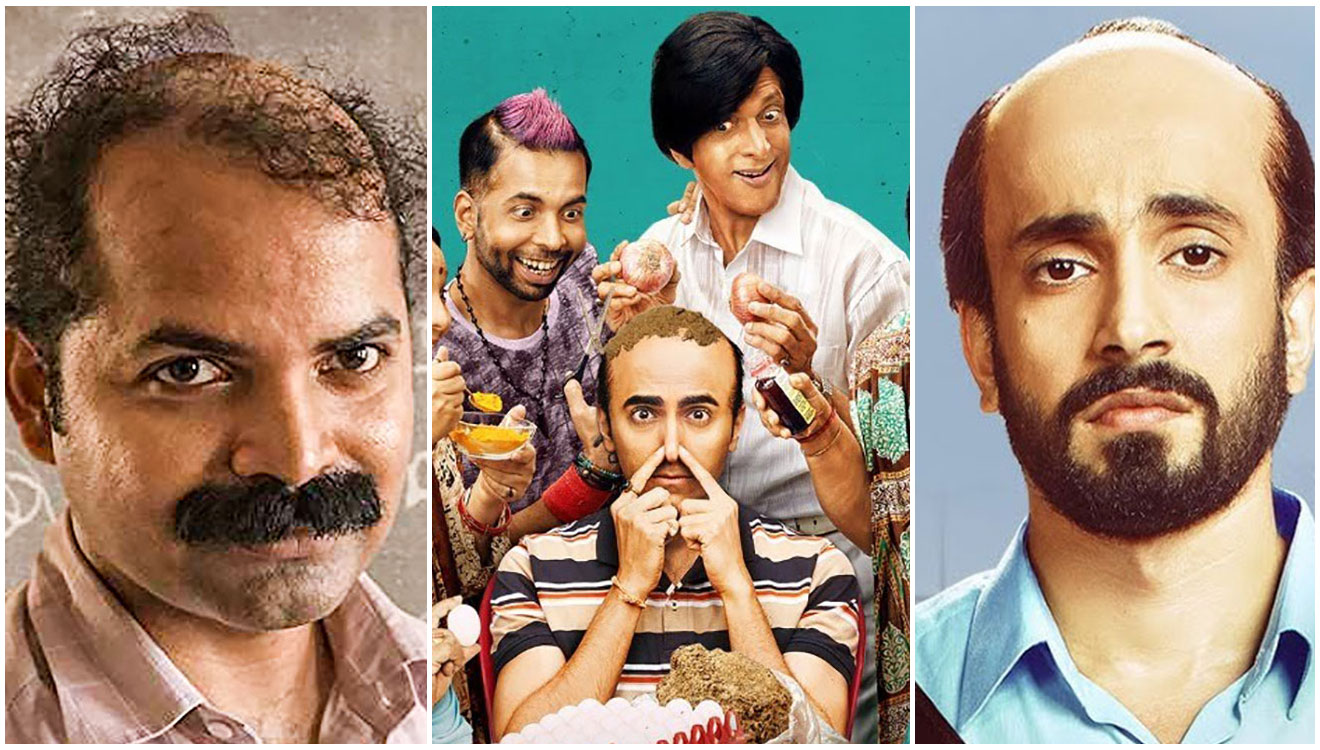
And it is precisely for that another-world feeling that Raj set the film in Mangaluru, where the ebb and flow of life is calm and far removed from the cackle of metropolitan cities. If films are a geographical indicator, OMK scored high on that front.
“The quality of the local culture and people rubs off on Janardhan too. Filmmakers should set films in places they know well, and not in places where they can assume things. In Mangaluru, the Kannada spoken is really soft, the tone is different. There’s a slowness to life that adds to Janardhan’s loneliness. He looks less confident because of the way he speaks. Imagine someone like him speaking in Bengaluru Kannada? Also, in a small town, everyone has a space of their own; the city is not in a hurry. In a bigger city, the character would change in two-three years to become like everyone else. Here, one can stay ensconced in a cocoon. And, Janardhan lives in one such cocoon,” elaborates Raj.
This is also why he said no to the offer to remake and act and direct the film in Telugu. “I’m done with Janardhan. My self-exploration is over. When it is remade in other languages, it will take on that local flavour. {Ujda has a distinct Punjabi flavour; Thamaasha is set in Malappuram, but the language in the film was predominantly textbook Malayalam; it also used the setting of the Bharathhappuzha river well}. For me, the core of OMK is a beautiful study material, about how one can sensitively deal with a topic and not ridicule it.”
